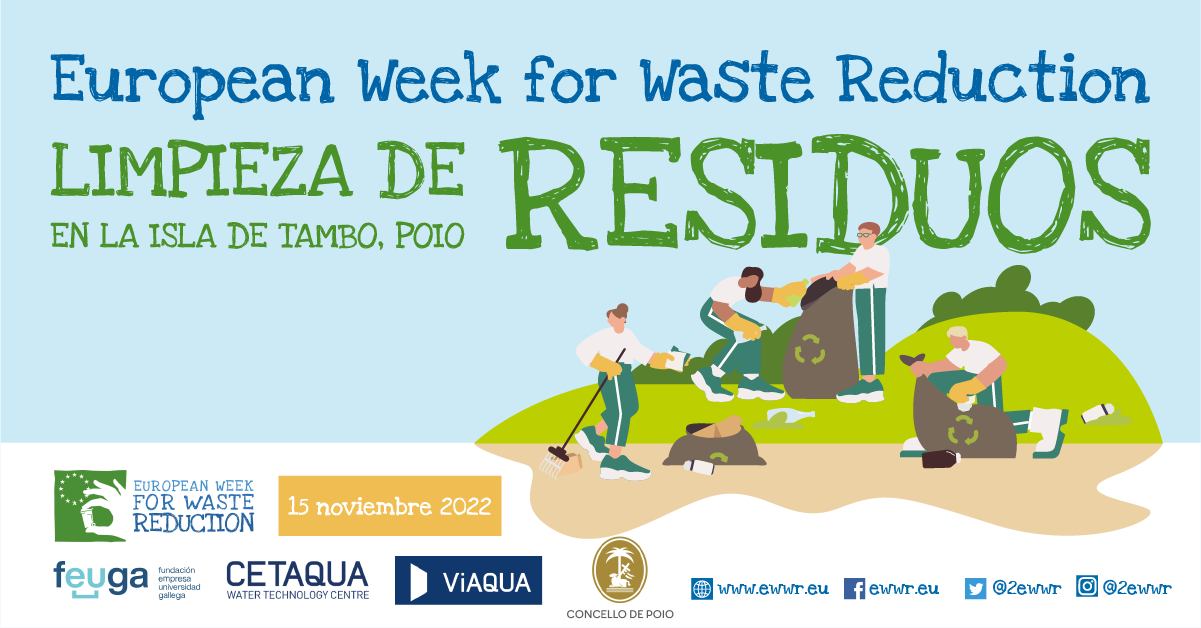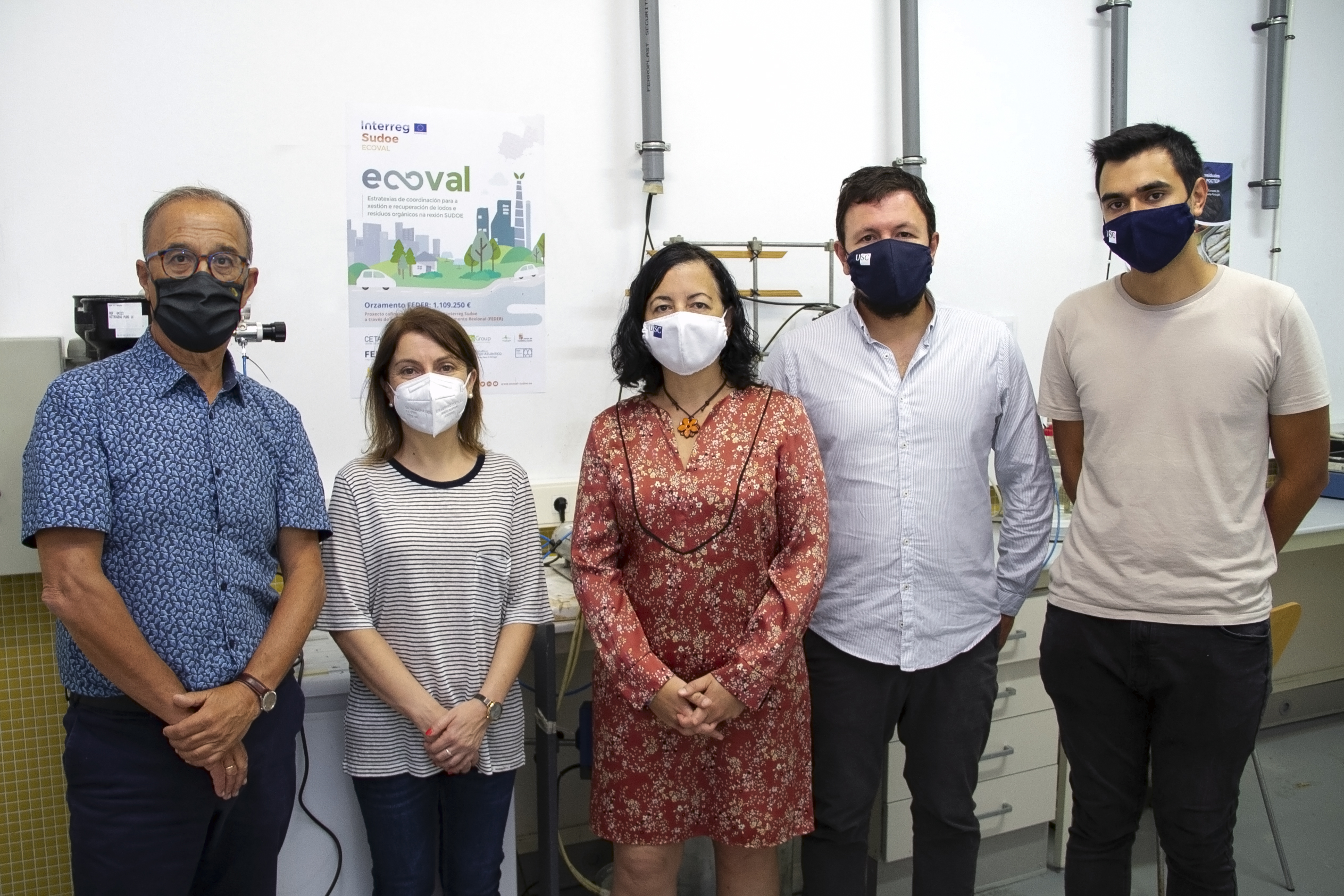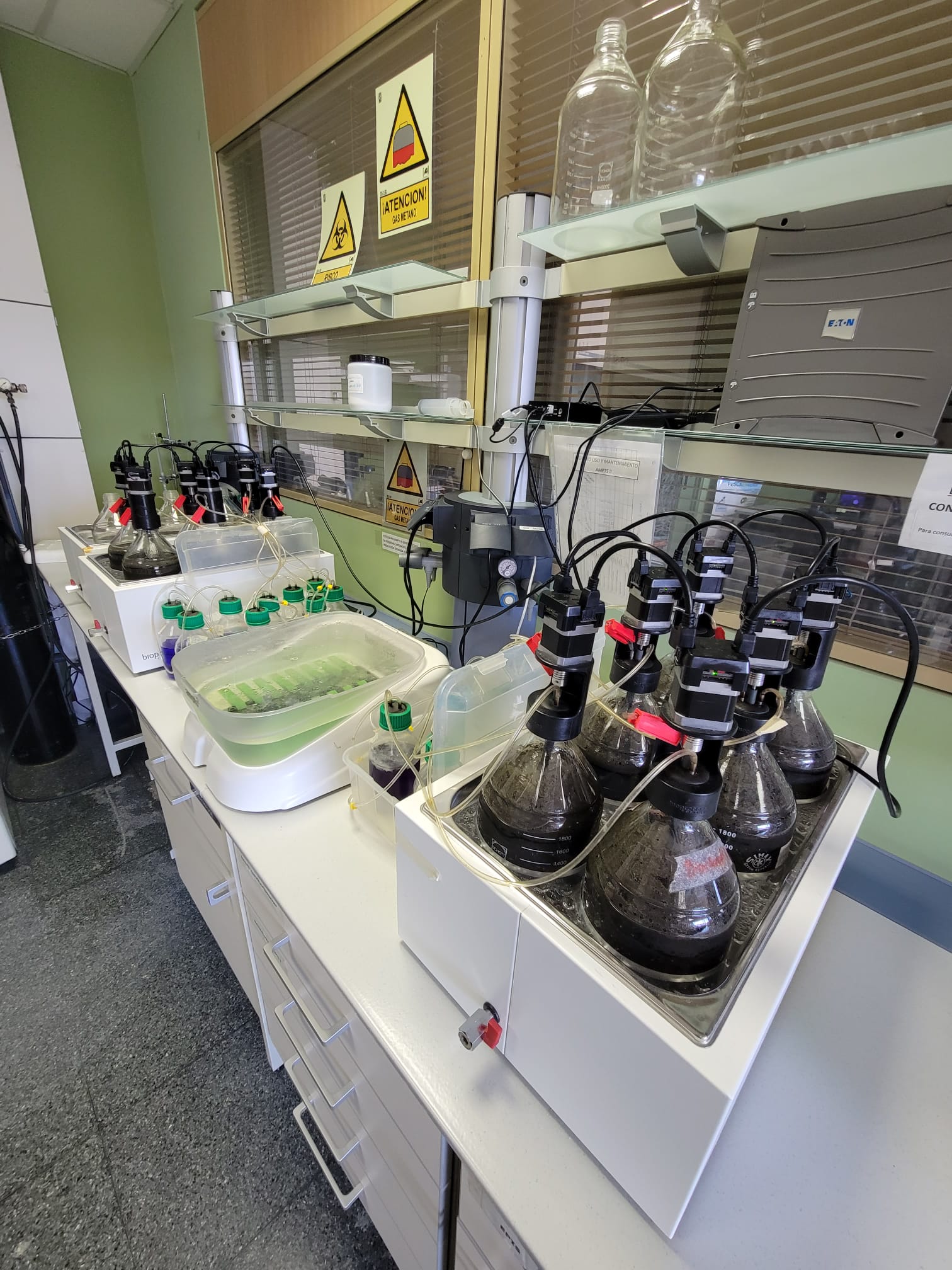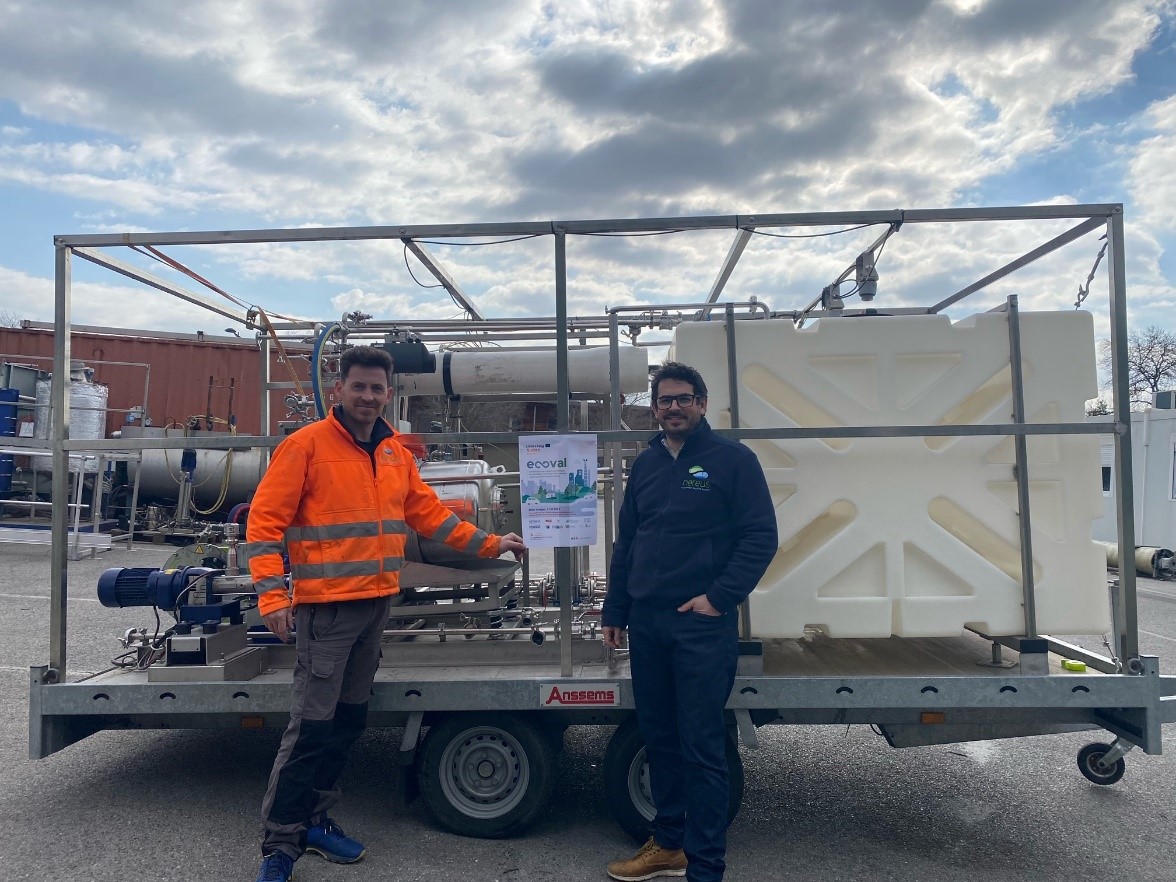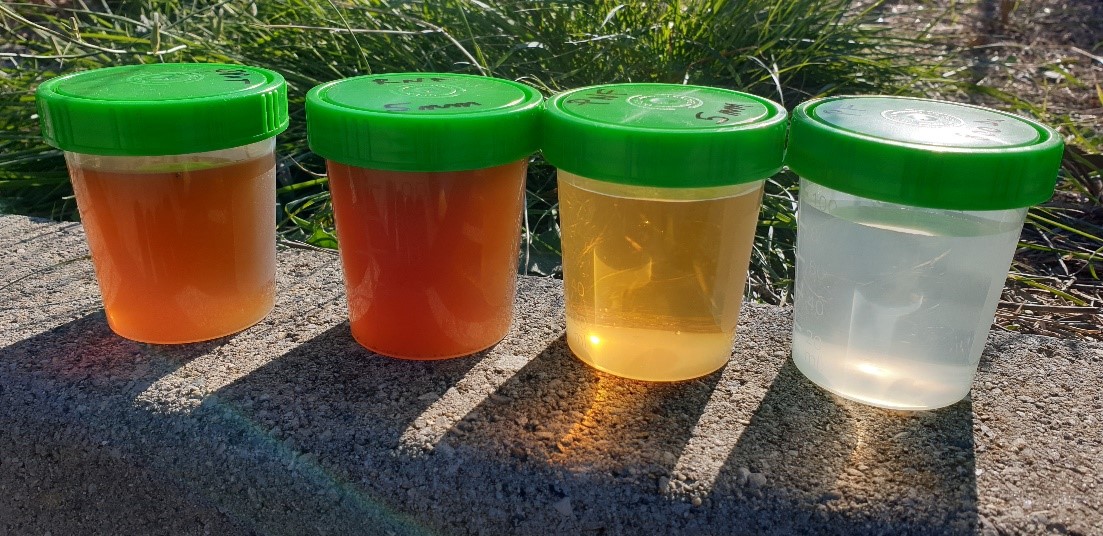On the 15th of November, the ECOVAL SUDOE project will carry out a waste collection campaign in which second year students from Los Sauces secondary school will participate. The activity will take place in Tambo Island (Poio, Pontevedra), on the occasion of the European Week of Waste Reduction and framed in the initiative Let’s Clean Up Europe 2022, which aims to clean the largest number of sites on the European continent while raising awareness among citizens about the volume of waste present in their localities. One of the objectives of this activity from ECOVAL is to educate new generations about the importance of recycling and preserving a healthy and clean environment, as well as to join forces between different groups to generate synergies around the project.
The event, jointly organised by FEUGA and CETAQUA with the collaboration of VIAQUA and the Council of Poio will start at 9:30 am and, after the cleaning of the island, those responsible for the activity will give a talk on the importance of the correct separation of waste at source and the brown bin for organic matter, without which the ECOVAL project could not be carried out. Indeed, proper waste separation is essential for innovation and economic projects to be carried out, as organic waste and sewage sludge are the raw material on which the ECOVAL Sudoe project feeds, transforming this waste into high added value products such as Volatile Fatty Acids (VFAs), valuable resources for the plastics and agrochemical industries.
Back on land, the students will finally visit the Wastewater Treatment Plant (WWTP) of Os Praceres (Pontevedra), managed by Viaqua, where the key process of urban wastewater treatment will be explained to the students, emphasizing the individual responsibility of each citizen in this project and the benefits it brings to society as a whole. It is vitally important that young people are aware of this process and, consequently, of the problems caused by improperly flushing waste down the toilet, such as clogged sewers and treatment plants and the degradation of the oceans’ wealth.
This activity is included in ECOVAL’s awareness campaign on the separation of organic waste aimed at the new generations, joining those previously carried out in six schools in Castilla y León by the Natural Heritage Foundation of Castilla y León, as well as the four carried out by FEUGA and CETAQUA in four schools in Galicia. In this way, ECOVAL reaches the figure of approximately 450 students aware of this issue, bringing science closer to citizens and helping to build a sustainable future based on the principle of circular economy.

